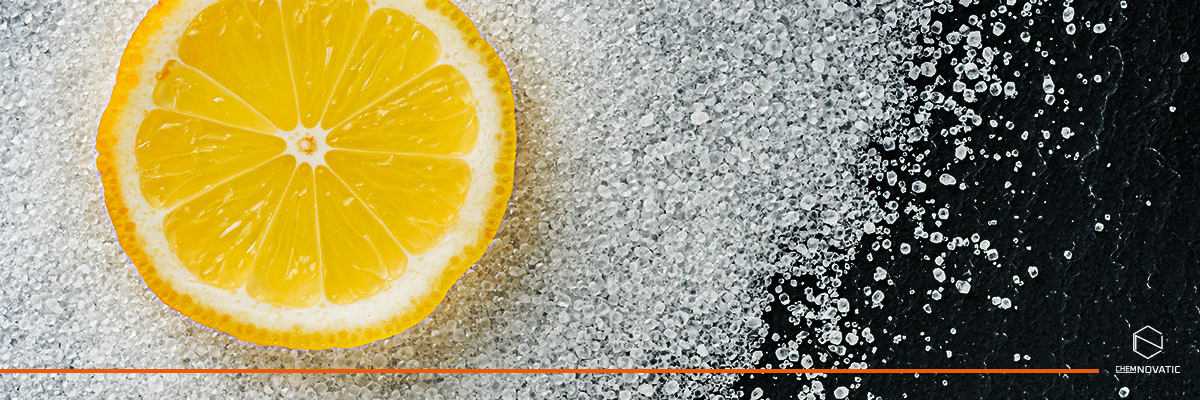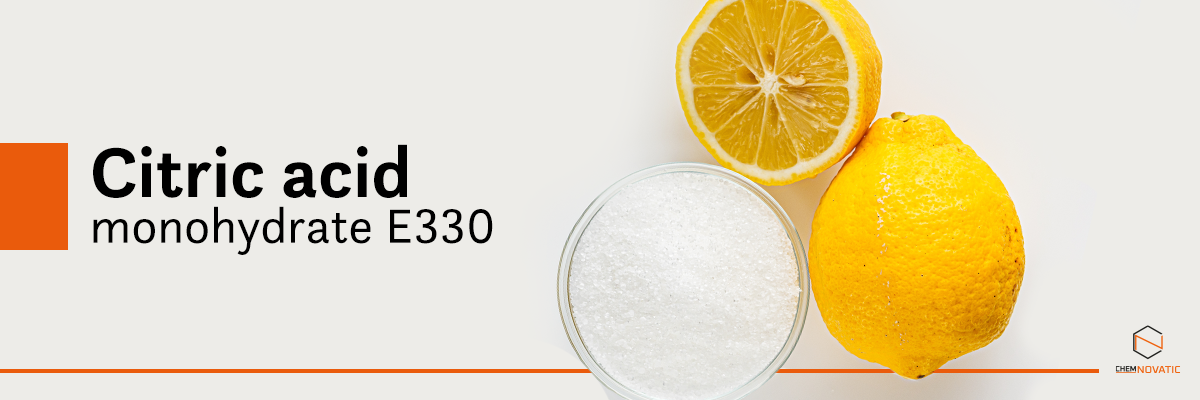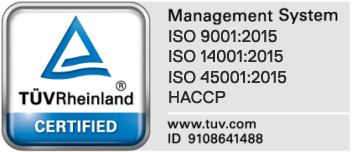Citric acid monohydrate, which also goes by the name E330, is essentially a weak acid. It is used in the food industry for pH level stabilization, acidity regulation, and as an antioxidant. It is also used in pharmaceutical and dietary supplements and as a cleaning agent.
After placing an order you will receive a confirmation within 1 working day.























Reviews
There are no reviews yet.